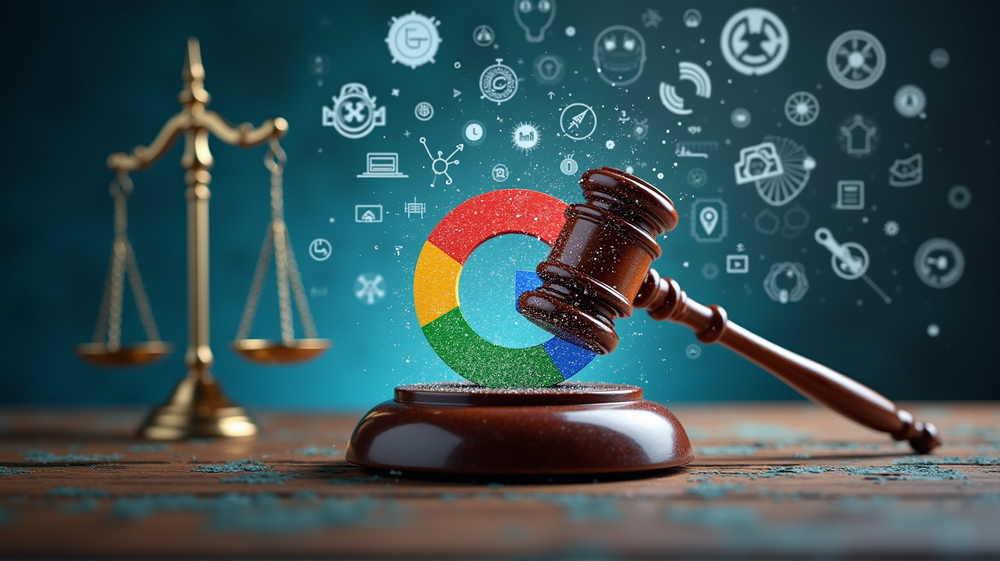Tech giant Google has embarked on a pivotal journey, appealing to the Supreme Court in the ongoing Epic v. Google litigation. Following the Ninth Circuit’s decision upholding stringent remedies against Google, the company is challenging the antitrust standards applied in the case.
The Core of the Dispute
At the heart of this legal battle lies Google’s questioning of the standards used to determine anti-competitive conduct. Traditionally, the rule of reason involves a three-step test, where the plaintiff first establishes harm, followed by the defendant’s justification of procompetitive benefits, and the plaintiff’s rebuttal showing less restrictive means could have achieved the same goals. However, Google argues that the District Court applied an improper standard without assessing less restrictive alternatives, leading to a flawed decision.
The Tangle with Antitrust Remedies
Google’s petition also critiques the catalog-sharing remedy which demands Google to provide third-party app stores access to its extensive app catalog, compromising its unique network advantages. According to Google, this obligation overlooks the fine line between antitrust remedies aimed at preventing monopolistic practices and those unfairly stripping competitive advantages gained through legal means.
Parallels with Other Landmark Cases
This isn’t an isolated case. The Epic v. Google proceedings echo similar litigation dynamics in the DOJ v. Google search case overseen by Judge Mehta. Issues in both cases highlight a potential misapplication of the rule of reason and the scrutiny level for demanding such higher-level cooperative remedies.
Supreme Court’s Potential Role
The Supreme Court’s review of this case could offer critical judicial guidance for antitrust law, especially in handling tech company monopolies. This clarification can impact other groundbreaking cases against tech companies, providing clarity on key legal principles guiding these decisions.
A Landmark Opportunity
With the Supreme Court known for its selective case intake, this appeal not only marks a significant moment for Google and Epic but holds the promise of redefining how antitrust policies accommodate the fast-evolving tech landscape. According to Information Technology and Innovation Foundation (ITIF), such decisions could create a legacy, shaping both legal and economic landscapes for years to come.













